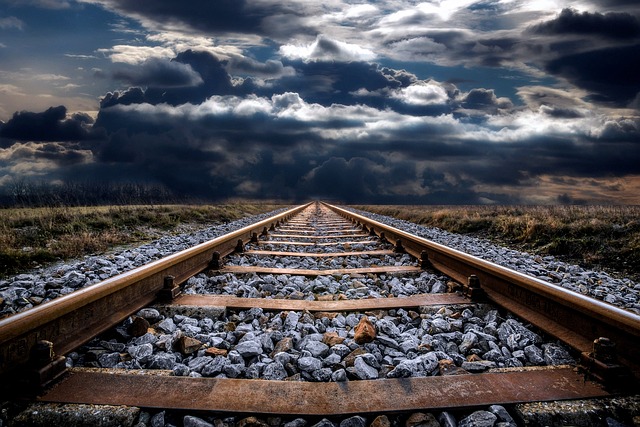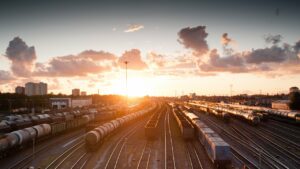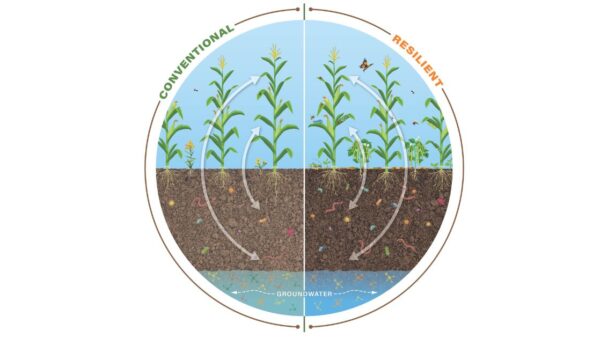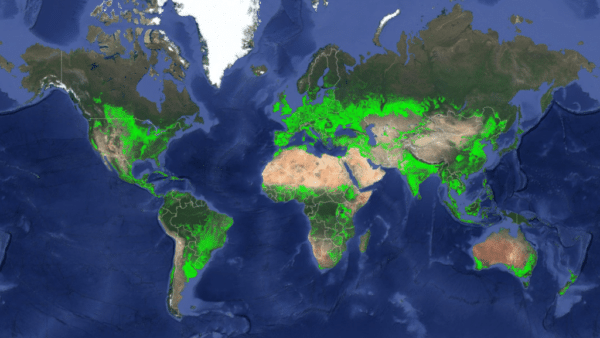Last week’s railway work stoppage was a wake-up call. Farmers were anxious about getting their wheat to market, knowing that timing is everything. But with the trains at a standstill, they were left in the lurch. It’s a scenario we’ve seen play out time and time again.
It will likely take weeks for the supply chain to fully recover. The ramifications of the lockout are wide-ranging and significant.
Our railways aren’t just a convenience; they’re the lifeblood of our agricultural economy. They’re what keep our fields connected to the world, moving everything from the fertilizers we rely on to the crops that feed millions. So when that system grinds to a halt, it’s not just a hiccup — it’s a full-blown crisis. Every time.
Canada needs a solid backup plan. Not just something that looks good on paper, but a real, actionable plan that keeps goods moving when the trains don’t, but ideally prevents such work stoppages in the first place.
Farmers shouldn’t be left in the dark, scrambling at the last minute. They need clear, timely information so they can adjust their plans. Consumers deserve the same transparency. If there’s going to be a potential spike in prices or a shortage on the shelves, people should know why and when, so they can plan for it.
Then there’s the issue of regulation. Workers’ rights are paramount, but we’ve got to find a way to balance that with the needs of the broader public. Maybe it’s time to think about requiring longer notice before a labour dispute like this can happen, or ensuring that some level of service continues during negotiations. We need a system that doesn’t leave everyone else holding the bag when there’s a dispute.
Finally, we need to rethink our infrastructure. Relying so heavily on a few key railway routes is like building a house of cards — it only takes one blow to bring the whole thing down. We should be investing in more resilient infrastructure, whether that’s building rapid transport road networks, making better use of waterways, or even exploring new technologies like autonomous trucks.
At the end of the day, farmers shouldn’t have to worry about whether their hard work will go to waste because of a railway stoppage, and consumers shouldn’t be left wondering if they can afford their next grocery bill. We’ve been kicking this can down the road for too long. It’s time to get serious about fixing the problem before it happens again.













